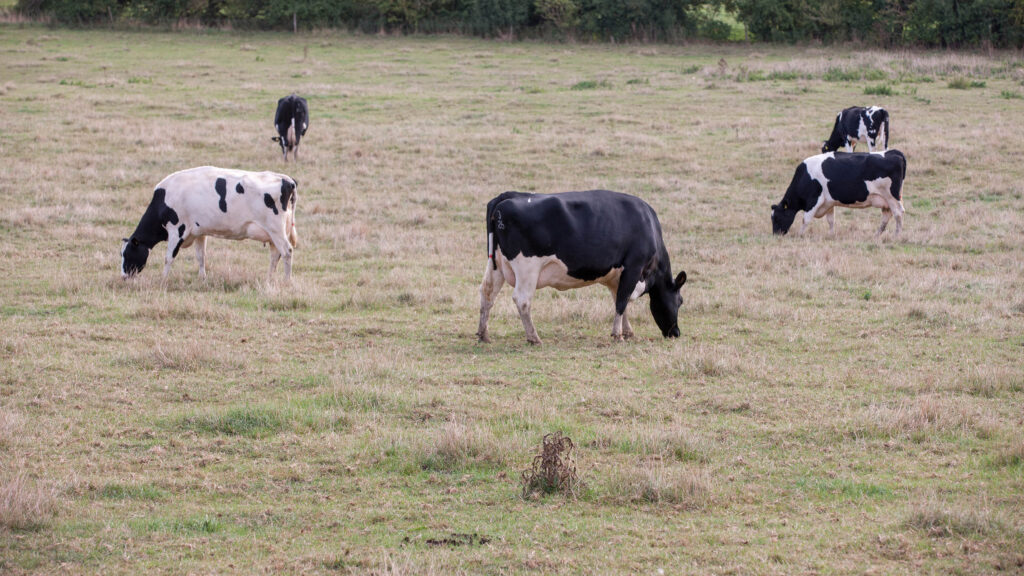FW webinar: Why farms should adapt now for hotter, wetter seasons
 © TIm Scrivener
© TIm Scrivener Farmers are being urged to adapt to climate change sooner rather than later, with summers forecast to become considerably hotter and winters considerably wetter, a Farmers Weekly webinar has heard.
Held on Tuesday (21 October), AHDB’s head of environment, Rachael Madeley-Davies, emphasised the need for proactive adaptation strategies.
Modelling indicates that by 2070, summers could be 6C warmer and 60% drier, while winters could be 4.5C warmer and 30% wetter, she said,
See also: Opinion: Mindset matters when it comes to climate change
“It starts to set that agenda in terms of what we’re facing long term.
“It’s key that we start to have a picture on the short, medium and long term when we’re looking at our business planning,” said Mrs Madeley-Davies.
Assess opportunities
“It’s really important we start to adapt our farming businesses now; that we assess the opportunities in terms of where we can pre-plan, where we can make them more resilient and make them work for us at that farm level as well,” she added.
To help farmers better understand their individual situations, AHDB will release a climate and risk-assessment tool in the new year.
“With this tool, farmers can start to look at their farm and utilise it to understand the risk areas.
“It covers things like infrastructure, buildings, tracks, and access to fields, things that sometimes people don’t think about,” said Mrs Madeley-Davies.
“We perhaps just think about the resilience of our soils, crops and stock, but actually it’s about that whole farm.”
Political flexibility
NFU Cymru water quality review group chairman Martin Griffiths added that for farms to be climate resilient, political flexibility is essential too.
Dedicating land to habitat ground under the incoming Sustainable Farming Scheme (SFS) in Wales was fine in principle, but practical challenges exist, he said.
“We cannot get into a situation where our stock is short of food because the piece of paper says we can’t graze that ground,” said Mr Griffiths.
He added that farmers must never be in a situation where they can’t access their crops because of a date on the calendar.
“Governments need to be flexible going forward, and they need to be able to react to the situation on the ground, the same as those primary producers are doing,” he said.
